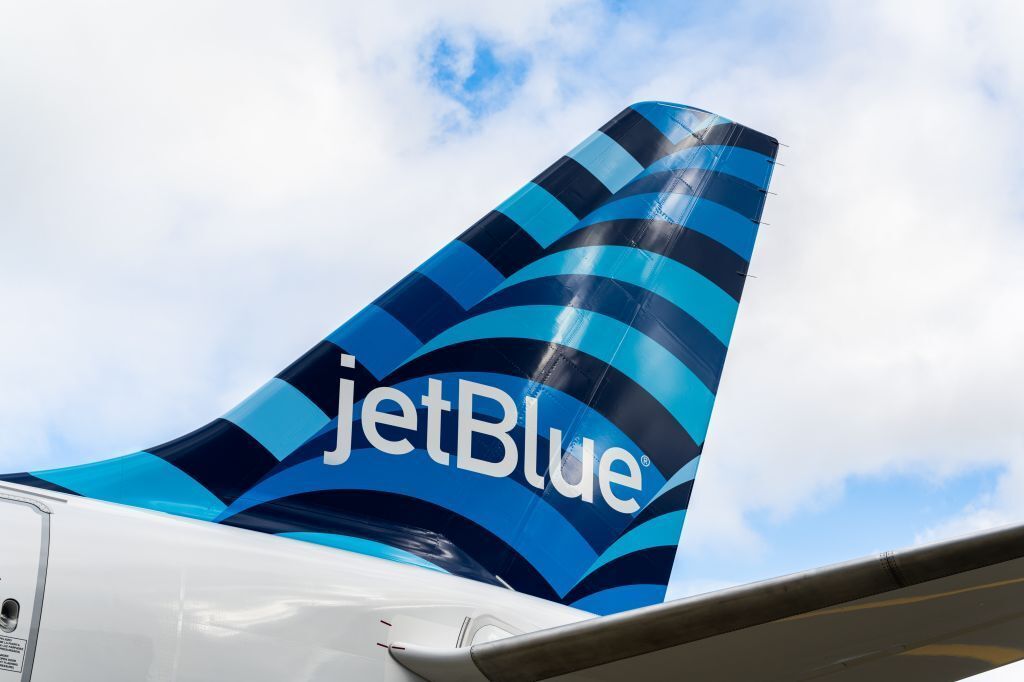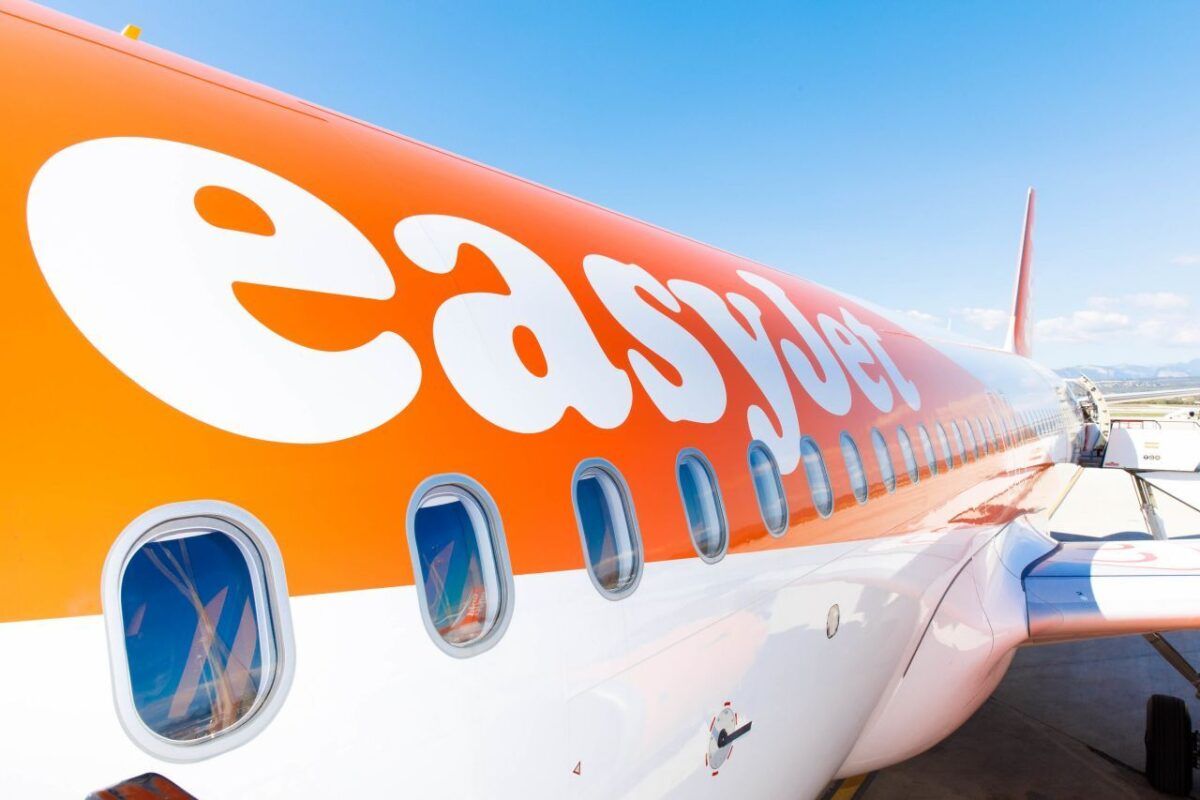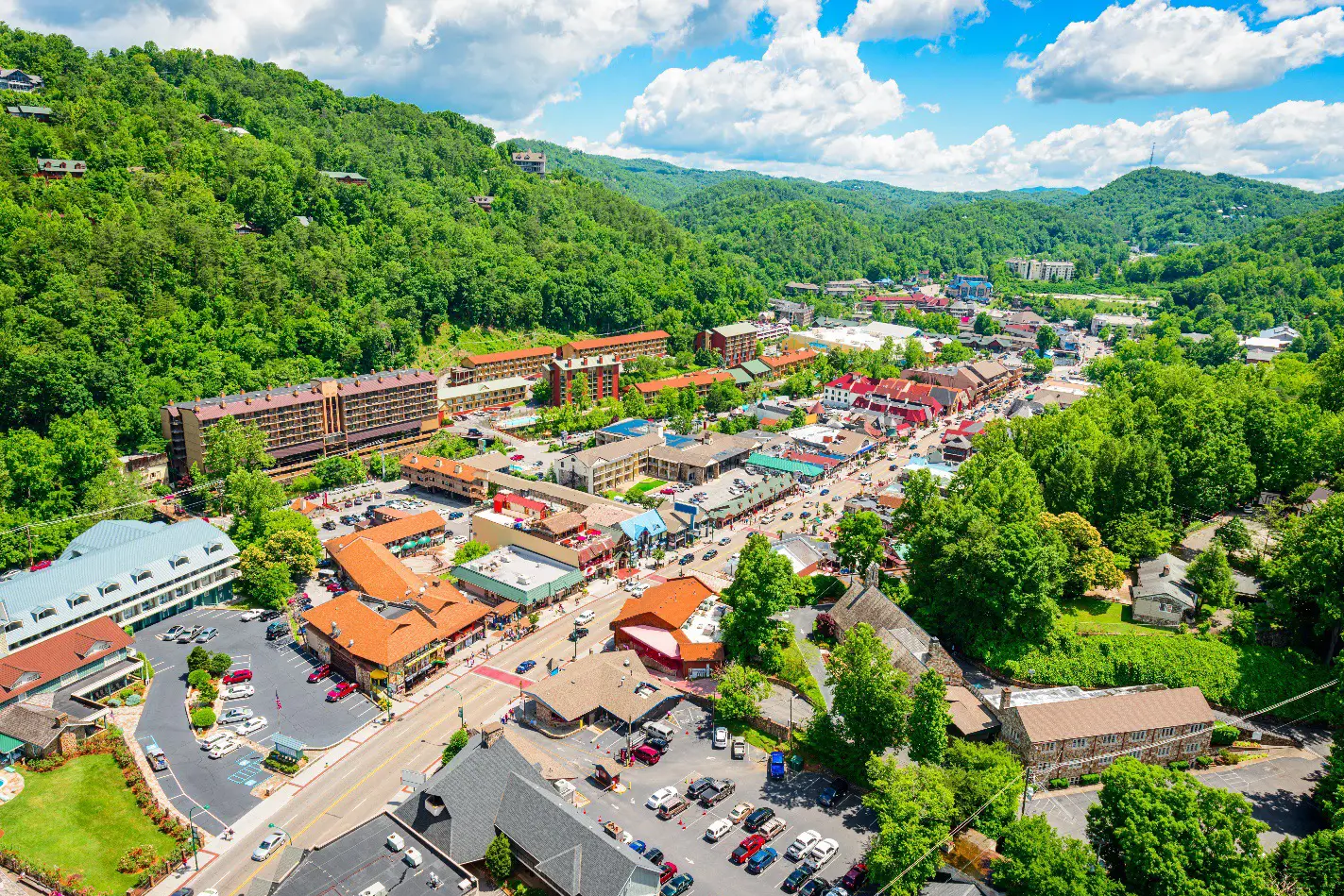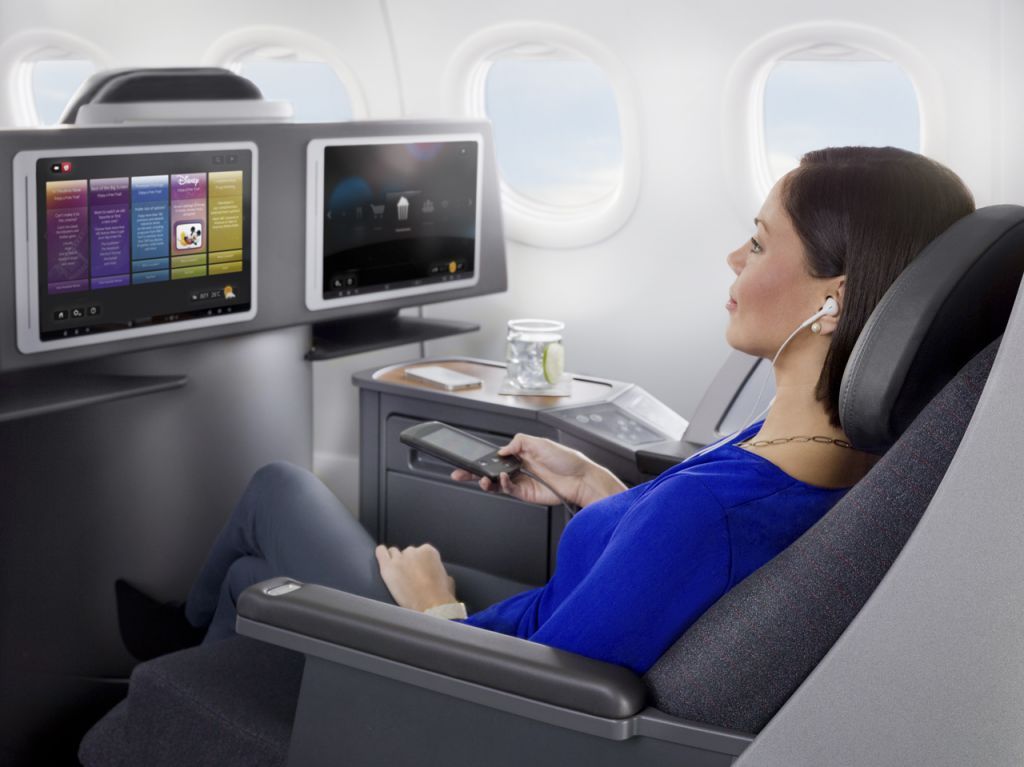In keeping with its ongoing commitment to sustainability, the Palais des congrès de Montréal is proud to announce it is joining the United Nations’ 2030 Agenda for Sustainable Development.
In doing so, it plans to change the course of events by implementing tangible actions aimed at reducing its environmental footprint and that of its users, in order to better its impact on society and the community.
Thanks to partners who are committed and a careful understanding of the environmental issues affecting its industry, the Palais is confirming its sustainability leadership and laying the foundations for the convention centre of tomorrow.
The 17 Sustainable Development Goals set by the UN are at the heart of the principles, objectives and deeds through which the Palais intends to significantly contribute to altering behaviours, sensitizing stakeholders and leveraging offsets. The various initiatives to be deployed shortly fall within the above international framework, which envisions a better and more sustainable future for everyone.
“As a major player in the convention industry, the Palais can also play a role in driving change through actions that might inspire other convention centres looking to adopt sustainable practices,” said a hopeful Robert Mercure, President and CEO of the Palais des congrès de Montréal. “Sustainability comes in different forms, and we can make a difference. We have a firm desire to adopt new practices and to support those that will have a real impact on the generations of today and tomorrow,” he further stated.
THE PALAIS ANNOUNCES ITS BUILDING IS GOING CARBON NEUTRAL
In addition to its daily efforts aimed at reducing its environmental footprint to a minimum, the Palais today becomes one of the first convention centres in the Americas to announce its building will be carbon neutral. It will achieve this by offsetting the GHG emissions stemming from the building’s energy expenditures by contributing to the forest management and tree planting efforts on four hectares of the Université Laval Montmorency Forest, the largest teaching and research forest in the world.
“It was key for us that the carbon neutrality of the Palais result from an initiative that would have a local impact, and the program developed by the Québec researchers affiliated with Université Laval meets that criteria perfectly,” confided Robert Mercure.
Driven by a deep-seated sustainability culture for several years, Université Laval is known worldwide as a university leader in the area of sustainable development. “We are proud to be the Palais des congrès de Montréal’s carbon neutrality partner. This innovative sustainability partnership is a perfect example of our university’s desire to contribute new solutions to the issues our society is facing and inspire other organizations and communities to do their part for future generations,” underscored Rénald Bergeron, Vice Rector of External and International Affairs and Health at Université Laval.
RAISING AWARENESS IN MONTRÉAL ELEMENTARY SCHOOLS
Firmly minded toward a local and lasting impact, the Palais is also announcing a brand new partnership with the Coop FA aimed at supporting the Bourse du carbone Scol’ERE, a program designed to educate Montréal elementary school children about the realities of climate change, and also encourage them to adopt best sustainability practices.
Through this program, which has a proven track record and already enjoys the support of prestigious public and private partners, the Palais will contribute to the evolution of social norms and the education of future generations, by making available 30 workshops a year for 125 students and their families.
“Such a great show of confidence for the Bourse du carbone Scol’ERE by the Palais des congrès de Montréal tells the children and their parents that what they are doing for the environment is inspiring and important to our communities. Also, the Palais des congrès’ influence on the business community’s and event industry’s growing level of engagement toward greener practices is helping to drive a movement that is uniting every segment of society,” declared Charles-Hugo Maziade, Director of Bourse Scol’ERE.
PALAIS BORÉAL: A NEW CARBON OFFSETS PROGRAM
In order to continue to shrink the environmental impact of the events it hosts, the Palais will give organizers the option of offsetting the GHG emissions resulting from their travel and planning activities via one of three ways:
- Bourse du carbone Scol’ERE
Buying carbon credits (crédits-carbone éducatifsMD) that fund educational activities in Québec schools and contribute to reducing GHG emissions.
- Planetair
Offsetting through an investment in Gold Standard certified projects including a reforestation project in urban and semi-urban areas across Québec.
- Carbone boréal
Offsetting through tree planting in Québec as part of a validated and verified program based on university research on the role forests play in fighting climate change. An initiative orchestrated by Université du Québec à Chicoutimi.
CREATION OF THE SUSTAINABILITY INNOVATION COMMITTEE
Because of its mission to generate intellectual wealth by way of the knowledge shared during the conferences it hosts, the Palais is active within numerous academic circles. In order to foster the development and spread of best practices, the Palais has set up a new Sustainability Innovation Committee made up of scientists and academics.
These experts from the province’s various universities will be tasked with facilitating the sharing of knowledge between the Palais and the sustainability research being conducted in higher leaning establishments. They will also ascertain research partnership opportunities between the Palais and the academic community.
SUPPORTING RESEARCH THANKS TO UNIVERSITY PARTNERSHIPS
A veritable cornerstone of knowledge and innovation, the Palais is also getting involved in research. It is teaming up with Québec universities, including Université Laval, to support the development of information on forest management best practices promoting carbon capture via forest carbon sinks.
This partnership is on top of the winning collaboration between the Palais and Université du Québec à Montréal and its association with AU/Lab, which has been overseeing the Palais’ Urban Agriculture Lab housed atop the roof of the convention centre since 2011. The Lab is the main showcase in Québec for experimenting with and advocating for urban farming technologies and techniques serving to reduce heat islands and also collect scientific data.















